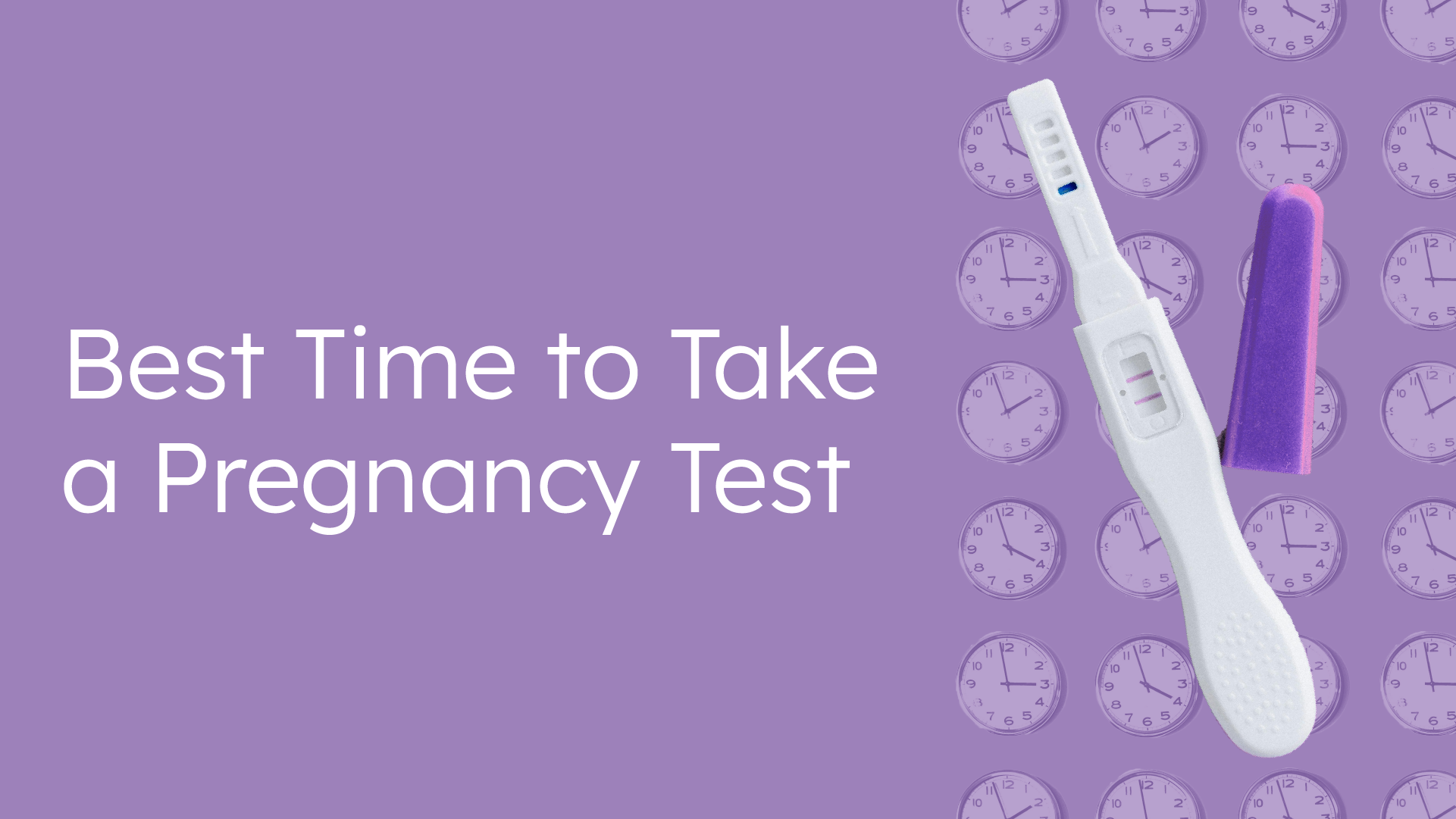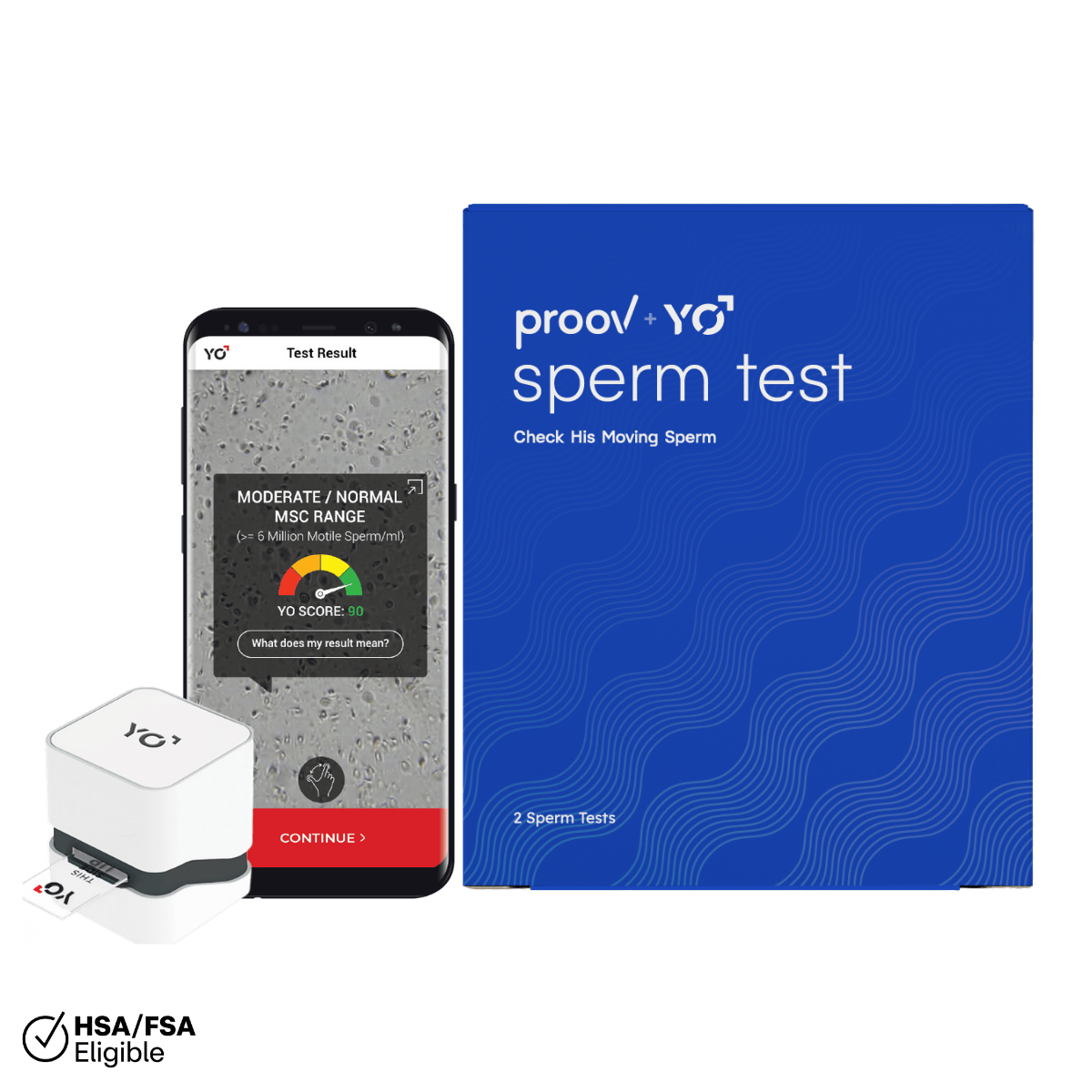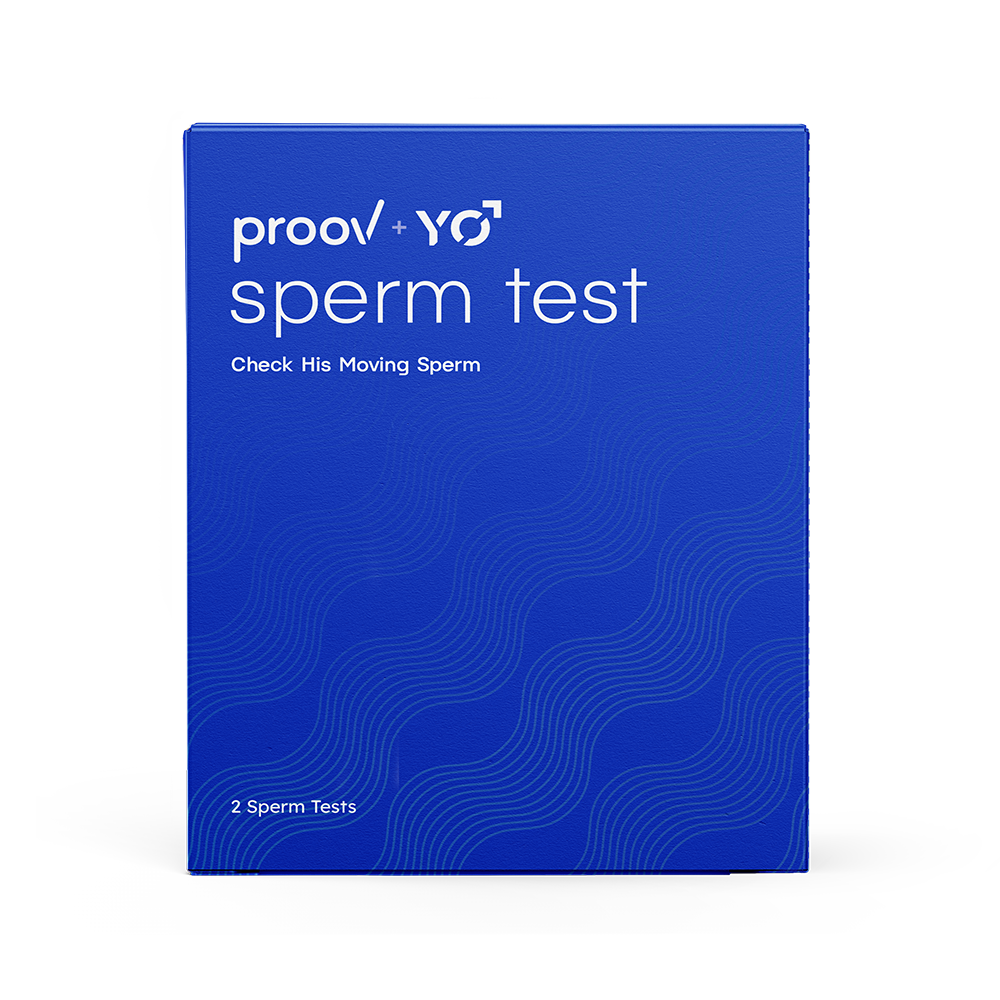When you’re trying to get pregnant, it can be tough to wait to take a pregnancy test! How soon can you find out? Are there different types of pregnancy tests? How will you know if you can trust positive test results? A girl needs to know! That’s what we’re here for!
This article gives you the guidance you need to know when to take a pregnancy test, how to take one, and what you need to know about your pregnancy test results!
When is the best time to take a pregnancy test?
Let’s cut right to the chase: The best time to take a pregnancy test for a straightforward “pregnant” or “not pregnant” answer is about one week after your missed period. By this point, the pregnancy hormone, human chorionic gonadotropin (hCG), will have had time to rise enough to give you the double lines you’re hoping for!
That’s right — pregnancy hormones get started right after implantation and, when they rise to a specific level, they can show up on at-home urine tests. Although you can spot rising hCG levels earlier through a blood sample, urine samples are very accurate and have been letting women test for pregnancy at home since 1976!
What time of day should I take a pregnancy test?

To get your best chance at an accurate result, it’s best to gather your urine sample during your first urination of the day — or, as we like to call it, first morning urine (FMU).
Urine samples throughout the day are more likely to be diluted from normal hydration, but when you sleep, the levels of hCG in your urine sample increase. Even if it’s not a lot of urine, the concentration will help you have a more accurate reading.
If you’re unable to test first thing in the morning, it’s still possible to get an accurate result. Try to test after waiting 5 hours or so to mimic this overnight concentration.
How soon can I take a pregnancy test?
The best time to take a pregnancy test is 7-10 days after your missed period, but there could be many reasons why you’d want to test before that. Maybe you’re just too curious, and you want to start testing, or you need medical support in early pregnancy. Whatever your reason for wanting to test early, we understand!
There are two critical reproductive steps that have to take place before you can get an accurate positive pregnancy test result: fertilization and implantation. When the female body ovulates an egg, that egg must meet with a sperm in a process called fertilization for conception to occur. Once this happens, that now fertilized egg must make its way to the lining of the uterus and implant there. If all goes well, this is where the placenta will develop and remain for the entire pregnancy. It’s only after this implantation occurs that hCG levels begin rising enough to get a positive result.
Some early pregnancy tests can be used as soon as 5 days before your expected period. This is because these tests are designed to show a positive test result when hCG levels in urine have reached 10 mIU/ml, whereas other pregnancy tests detect a positive result at 25 mIU/ml.
With these early pregnancy tests, it’s important to keep in mind that you’re more likely to see a false negative (that is, you may still be pregnant, but your hCG just isn’t high enough to tell yet).
The best way to figure out if enough time has passed for these milestones to occur is to know approximately when you ovulated that cycle. Looking for an easy way to figure that out? Try our Predict LH strips, which look for that tell-tale sign that an egg is about to ovulate! Once you spot that rise, you might get a positive pregnancy test as soon as 10 days later.
What should I do if my pregnancy test was negative, but I was expecting it to be positive?

If you’re testing early: you should wait until next expected period or missed period.
It may have been too early to get an accurate result! Just because a positive pregnancy test is possible at 10 days after an LH rise does not mean that it always will be, even in someone who is pregnant. There are many factors that can influence hCG levels at that early stage, such as diluted urine, pregnancy hormones that are still too low, or a miscalculation of when to test.
It’s best to wait until your next expected period to test again.
If you’re testing after a missed period: you can wait a little longer or consult your doctor.
For most women, a missed period may be their first sign of pregnancy. This date is calculated based on your last menstrual period (LMP). But LMP can be highly variable, and may not be the best way to figure out when to test. Instead, identifying your rise in LH before ovulation is a much better indicator.
Since hCG levels double daily in these early days of pregnancy, you can wait a few more days and test again!
If you have regular cycles and are more than a week late with negative pregnancy tests, consult your doctor for direction. Doctors can do a blood sample pregnancy test to put your mind at ease.
What should I do if I get a positive pregnancy test?
Congratulations! Although many worry about the possibility of a false positive, those outcomes are rare. Only if you’ve been using fertility treatments or medications that include hCG should you be concerned about this possibility.
Instead, let your doctor know about your pregnancy, especially if you've had complications in the past. They can get you scheduled with an appointment and may perform some initial blood tests, including a Beta hCG test over several days (to see those levels double) and even a progesterone lab test (a hormone critical to early pregnancy).
What should I do if I get a negative pregnancy test?
Most pregnancy tests will show a positive result at 25 mIU/ml of hCG, and some early pregnancy tests will be positive at 10 mIU/ml. So any pregnancy test taken before hormone levels have reached that point could present as a false negative; the levels just haven’t had the chance to increase enough yet and sometimes diluted urine or miscalculated days can affect results. If you are expecting a positive result or are unsure of your results, test again at least 48 hours from initial testing.
If you’ve waited a week or more after your missed period and your pregnancy test results are negative, it is unlikely that you are pregnant this cycle. When your next period begins, you have another opportunity to try to conceive! It is normal for it to take 3-6 months to conceive a pregnancy, but if you are over the age of 35 or have been trying for a longer time, contact your doctor or midwife for direction and support.












